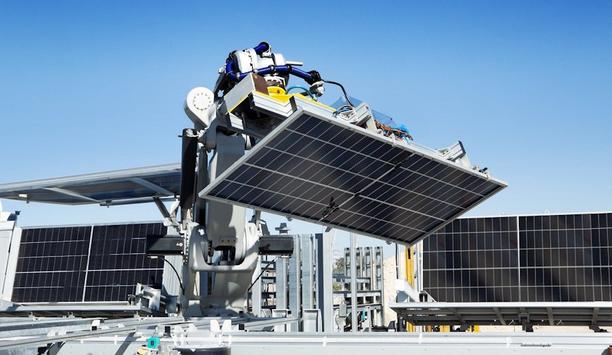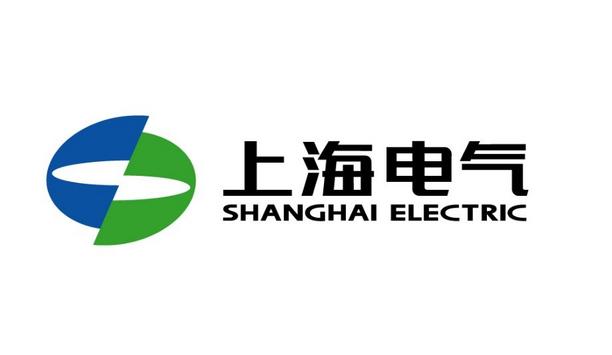E.ON's distribution grids in Germany will be able to support a complete switch to electric cars, according to a joint study by E.ON and Consentec. However, this will require forward-looking investments in the conversion of the infrastructure to continue.
electric vehicles
E.ON's grids in Germany are well-equipped to allow a greater number of electric vehicles to be recharged
The study has looked at various scenarios up to and including a 100 percent market share for electric cars. The calculations are based on the roughly 6.5 million conventional cars currently registered in all E.ON service areas.
The study concludes that E.ON's grids in Germany are well equipped to allow a greater number of electric vehicles to be recharged and to even support the complete electrification of passenger cars by 2045.
renewable energy sources
According to the study, E.ON will need to invest a total of around €2.5 billion over the next 25 years. Two-thirds of this will be spent on selective construction projects that will hardly be noticeable to the public, such as the renewal of local grid stations.
One-third of the investment will be needed for the construction of new power lines. E.ON already invests around €1 billion annually in its German grids. Around a quarter of this sum is spent on connecting renewable energy sources to the grid.
digital solutions and incentives
Digital solutions will shift most of the charging from the high-load evening hours to the low-load night hours
If the total investment of €2.5 billion is distributed evenly among the 6.5 million electric cars in the E.ON service areas, the average investment will be just under €400 per vehicle.
This sum for each car could even be halved by introducing digital solutions and incentives for customers that will shift most of the charging from the high-load evening hours to the low-load night hours.
E-mobility
Thomas König, the E.ON board member responsible for energy networks, emphasized, “E-mobility brings green electricity into the transport sector. This will significantly reduce CO2 emission levels in German and contribute to achieving the climate targets for 2030 and 2050."
"By upgrading our grids, we are ensuring that our infrastructure can cope with a switch to e-mobility at any time.”







